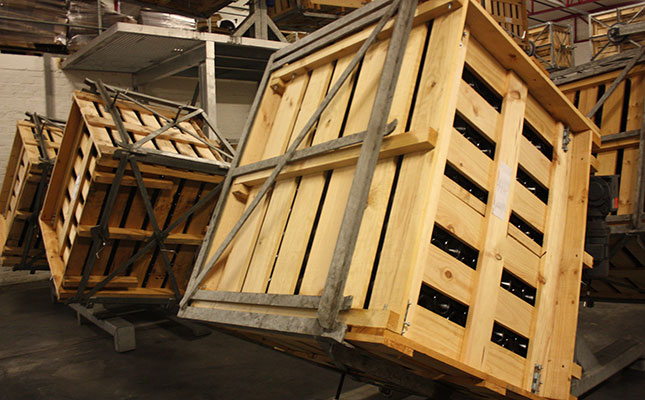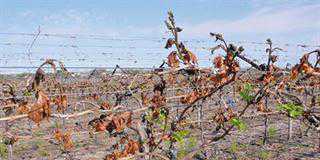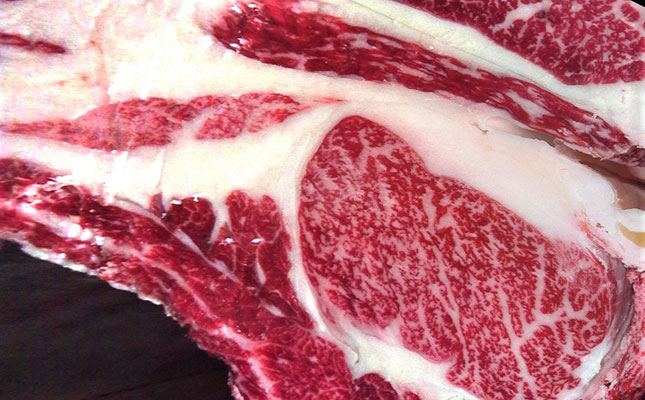Speaking at the recent Africa Bio information day, Lorenzo Raynard, manager of science communication at the South African Agency for Science and Technology Advancement, said that public perception and a lack of understanding of biotechnology in Europe has had a big influence on research and development of new technologies.
“If it is not understood, then the science can’t be nurtured and the next generation of scientists will be absent.” Raynard said that the burden of modern day scientists is huge as they can’t just sit in a lab and do their work, but need to teach new scientists, look for funding and educate consumers in order for the technology to prevail. Dr Nompumelelo Obokoh, CEO of Africa Bio, bemoaned the fact that most African countries haven’t adopted the very technology that could solve hunger.
“Most African countries have maintained a 1,3t/ha maize yield because they don’t use genetically modified seed. In other countries where they use GM maize, yields have doubled. If those campaigning against GM food win, Africa will lose a key technology.” She said the reason why these campaigners were against GM seed was unclear, as there was no proof of the technology causing ill health. “Maybe European countries want Africans dependent on their food aid instead of producing increased maize yields.”
Obokoh referred to a recent study that claimed that rats consuming GM maize developed cancer. Although the study was later proved flawed, extensive coverage had already been given to the findings with few reports on the inaccuracies of the research. Obokoh said there was a need for better consumer education when it came to GM food to ensure that such false reports were not held up as truth.
Meanwhile, Dr Kingston Mashingaidze, country co-ordinator for the Water Efficient Maize for Africa (WEMA) project in SA, reported that field trials for GM maize were showing a yield increase of about 20% to 35% in moderate drought conditions. The WEMA project is developing two kinds of seed, a conventional hybrid and a GM seed. The former will be available by 2014, while the latter will be available in 2017, subject to biosafety approvals. The GM seed will also include technology which has been donated by Monsanto and will provide stalk borer resistance.












